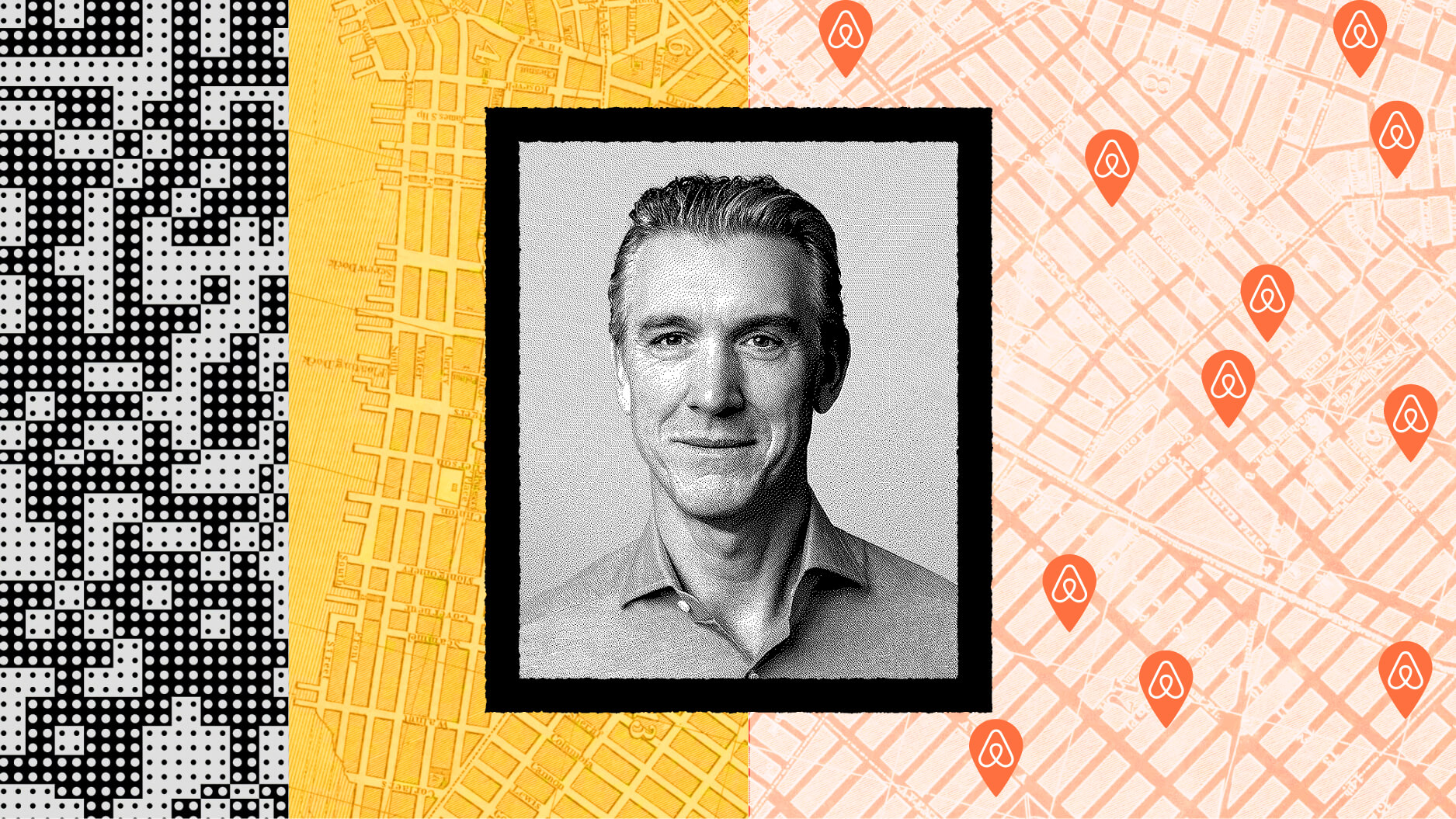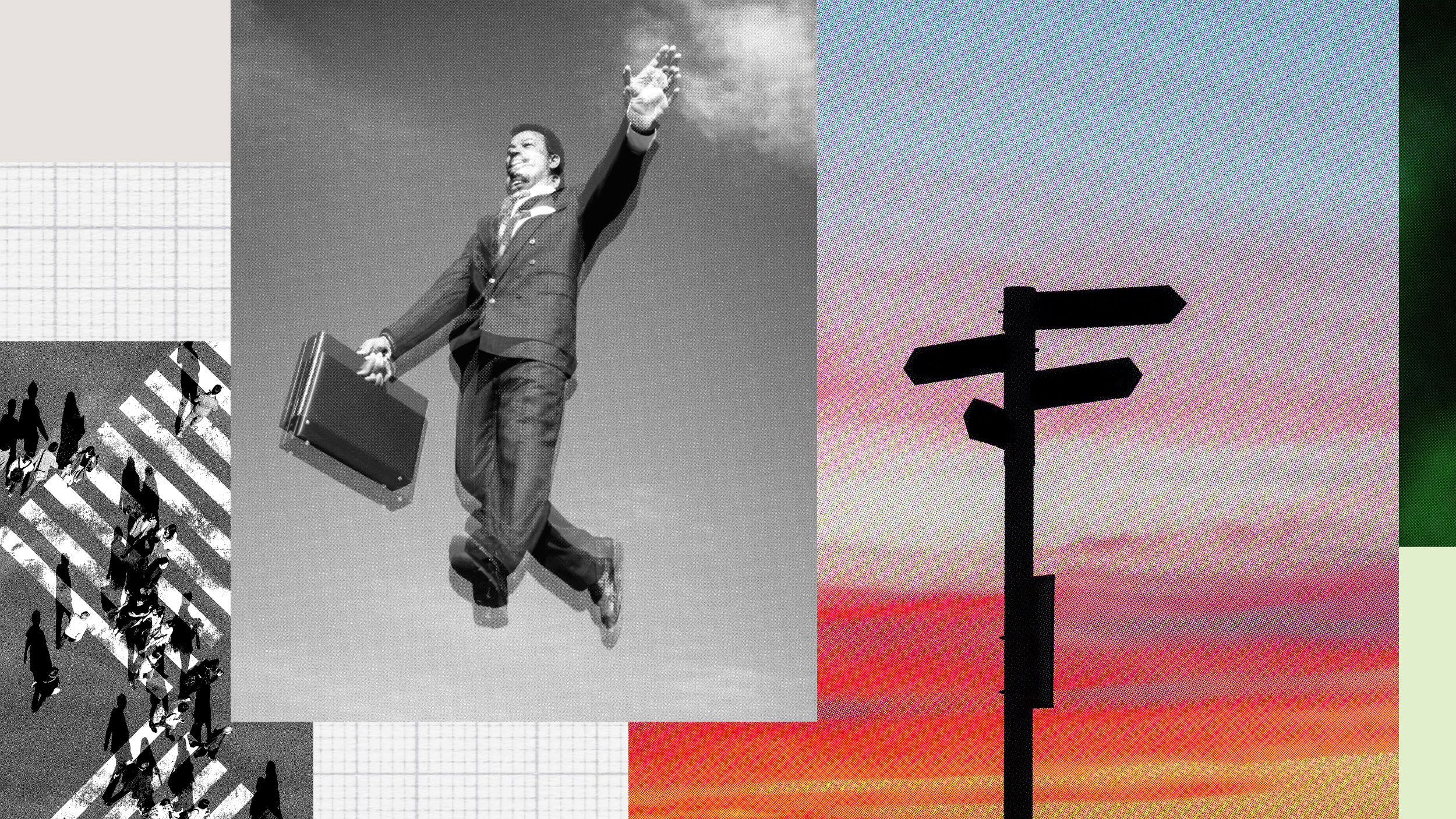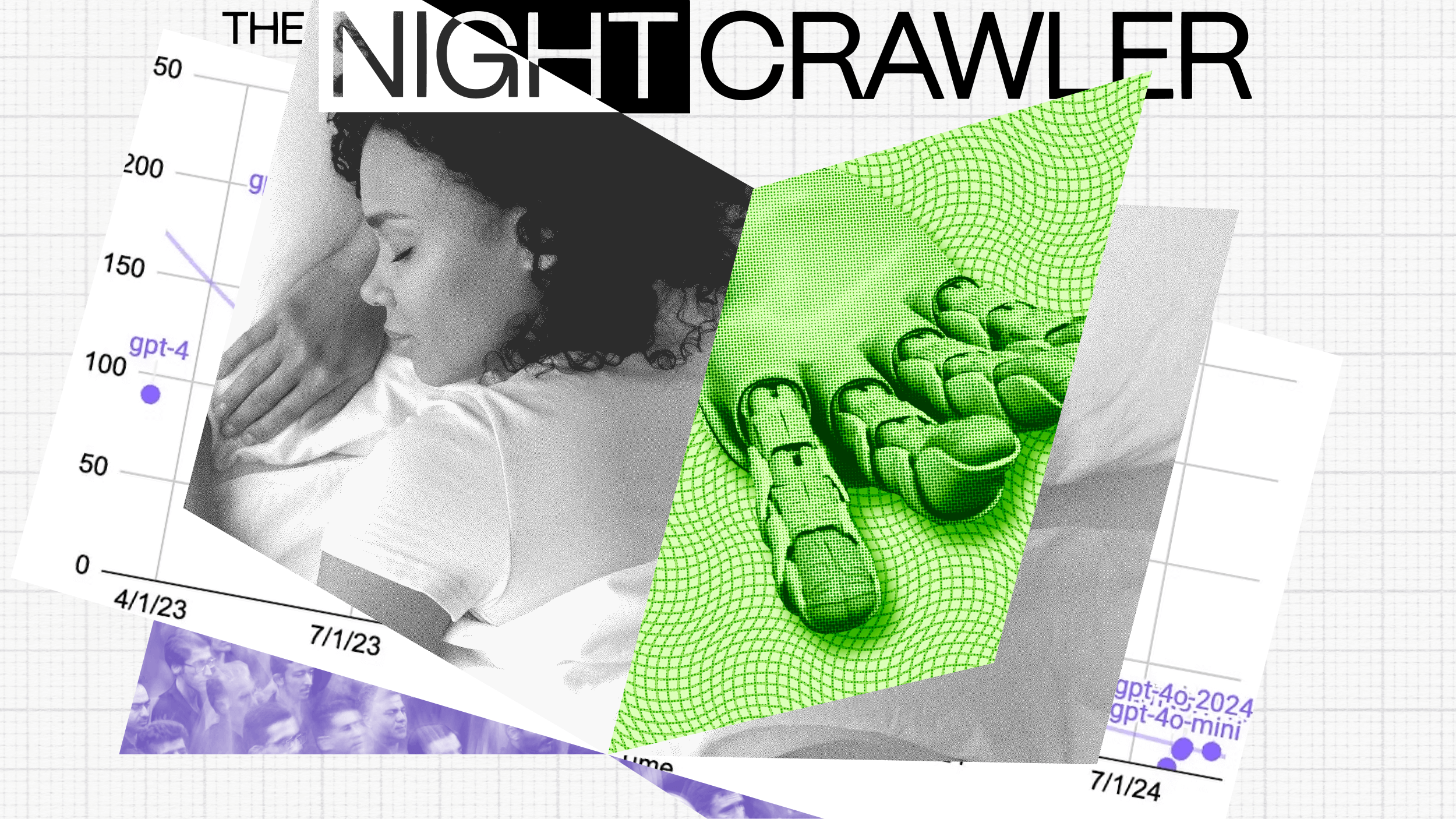How leaders can avoid a power-driven descent from hero to villain

Credit: Chon.Design / Adobe Stock
- We have the power to make a meaningful impact on the lives of the people we lead — but power isn’t always our friend.
- Power changes people through a number of key mechanisms: the only question is how much you are affected by them.
- Great leaders are often those who manage to not be overcome by the challenges of power.
It’s leadership’s little secret, like one of those relatives no one mentions. Known, but largely unspoken of. It is power, and it is at the heart of every leadership role at every level in every organization.
There are as many definitions of power as there are people willing to voice them, but most boil down to having control over something or someone. And it can be a wonderful thing. It gives us the opportunity to make decisions, direct activity and have an impact across a broader scale. To make a real difference. To be a hero.
OK, maybe not a hero. Certainly not in the caped crusader type of way, and — for most of us — not in the life-saving type of way, either. But as leaders, we do have the power to have a big and meaningful impact on the lives of the people we lead, and through them make a positive difference to the customers and clients we serve. That’s the dream, anyway: We become leaders, get power, and do some good with it.
The problem is, power isn’t our friend. It’s a force. It doesn’t always help us, it can even undermine us. And sometimes, what it does to us can turn us into a villain. In fact, when you look at what power does to people, it’s amazing it doesn’t make villains of us all.
What power does to us
For although power is relatively undiscussed, the research on its effects is voluminous. What it reveals is that power changes people through a number of key mechanisms. These affect every supervisor, manager and leader at every level, as they are inherent aspects of every role that has responsibility and authority. So, no exceptions. The only question is how much you are affected by them. This is determined partly by contextual factors and partly by your own personality. And there are two mechanisms in particular through which power can make a villain of you.
1. It creates distance between yourself and others
Power always creates some space between leaders and the people they lead. We may not feel it; we may try to compensate for it, but it is there. On the plus side, this distance makes it easier for leaders to take a helicopter view, see things more abstractly and ignore potentially distracting details. However, this also means that leaders are more likely to generalize and stereotype. And the psychological distance involved in all this makes leaders more liable to objectify others and view them as resources, and less able to see things from their perspective or understand how they feel.
Exacerbating this, people are less likely to be fully open with you if you have power and less likely to challenge your thinking. And even when they do, having power appears to make you less sensitive to contextual information and so less able to hear others’ opinions. So, power undermines both your ability to connect with and understand others, and the flow of information to you.
The risk here for leaders then is that if your default style is to be more task-focused than people-focused, becoming a boss will likely further impair your ability to gauge how others are feeling. Consider “Aidan.” A charming Irishman, he had strong social skills but was fundamentally a better talker than listener. His ability to read his audience was therefore fairly skin-deep, in that he lacked insight into how people were really reacting beneath their surface-level responses. In smaller teams, this was less of an issue. But when he was promoted to Global Head of Sales for his firm, the distance between him and his people grew so big that he lost sense of his impact. He was unable to see past the smiles and nodding heads of his team to realize that they didn’t really believe in the changes he was trying to implement. And so, he went from being a charming Sales Director to a leader who was viewed as not listening and so not respecting his people. Hero to villain in less than a year.
2. It changes how you feel about yourself and your ideas
Power also changes how we feel about ourselves. Having more power tends to increase self-esteem and confidence, and even lead to a more positive body image. This can, of course, be positive and explains in part why once people have power, they tend to prefer to keep it. In fact, studies show that even when there is a clear financial benefit to delegating authority, leaders only tend to do so about 40% of the time. These positive feelings, however, also account for why leaders are more likely to feel a sense of superiority and more prone to over-confidence. As a result, they have a greater tendency to rely on what they already know, making them less proactively curious and more susceptible to subjective biases.
The traps here for leaders are manifold, but not sufficiently empowering others, over-large ego, and over-confidence stand-out. And of these, over-confidence can be the most destructive. It tends to lead to three separate tendencies: an inflated sense of the correctness of your judgements and opinions; a tendency to believe you are better than average at important things; and an over-estimation of how much personal control you have over outcomes. The effects of these can be very similar to clinical narcissism and include over-optimism, reduced curiosity, and a tendency to discount others’ opinions, advice and feedback.
We saw this in a leader called “Paul.” When he was promoted to COO in 2019, it was largely on the back of his confidence, quick-thinking decisiveness and willingness to take the initiative. The promotion furthered his belief in himself — in his abilities and judgement. But a bit too much so.
When COVID-19 hit in early 2020, Paul’s supply chains became wrecked as international lockdowns came into force. His dynamic style made him well-suited to dealing with crises but the over-growth of his confidence limited his ability to hear others’ views and in the unique cauldron of COVID, it became a disaster.
Overseeing the restructuring of crucial supply-chain and logistic networks, he saw an opportunity for competitive advantage in quickly shifting sourcing to a new key supplier. His team and numerous stakeholders all advised that he should spread the risk of further ongoing disruption by diversifying his supply chains, but he was over-confident and believed he was right, so didn’t listen to them. As a result, when the spreading pandemic caused the new supply chain to falter as well, it stalled production, eventually costing his firm an estimated $65 million.
A different kind of hero
Through mechanisms such as these, power amplifies what is inside you — both the strengths and the weaknesses that you bring to the role. What makes these effects more insidious is that they are largely invisible. In extreme cases, like the two cases above, they become sharply and suddenly obvious. But because most changes usually happen slowly, over a period of time, they tend to be hard to notice. Moreover, their impact is typically felt not by leaders themselves but by the people around them. And as we’ve already noted, it’s not usually in their interests to speak up about them.
Make no mistake, though, if you have any sort of power for any reasonable length of time, you will be changed by it. The more power you have and the longer you have had it, the more you will be affected. Some of this will be for the better, but some won’t. The only thing up for debate is how aware you will be of the effects and what you choose to do about it.

Which brings us to a different kind of hero. Because when you look at the vast range of negative effects that power can have on people, and when you see how it amplifies weaknesses as much as strengths, it’s amazing there are any good leaders at all.
The press loves to paint a picture of the superhero leader. The incredible few who do astonishing things. But a simpler and far more common kind of hero are the many, many leaders who somehow manage to not be overcome by the challenges of power. Who close the distance between themselves and others, and do not fall to inflated ego or over-confidence.
The key difference between these heroes and the leaders who fall into villainy, more than anything, is a systematic and deliberate focus on trying to close the gap with others, sense-check their instincts and encourage people to be open with them. It’s simple stuff. Things like routinely asking “What do you think?”, “What could I be missing here?” and “How do you feel about that?”. It’s not rocket science, but the tough bit is doing it consistently and systematically.
The overarching lesson here is that we need to talk more about power and what it does to people. Because it does, inexorably, do things to people — for better and for worse. Yet leaders are generally unprepared and unsupported for what power does. There are, for example, no shortage of leadership courses, but few deal openly and directly with understanding and managing the effects power can have. If we want to see more heroes and fewer villains, that needs to change.





